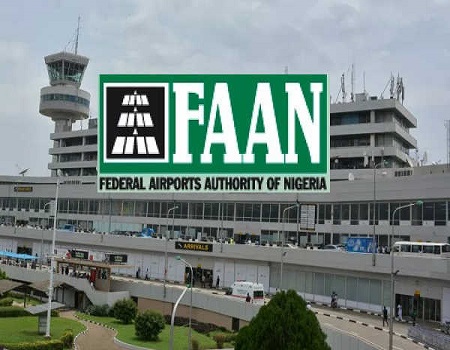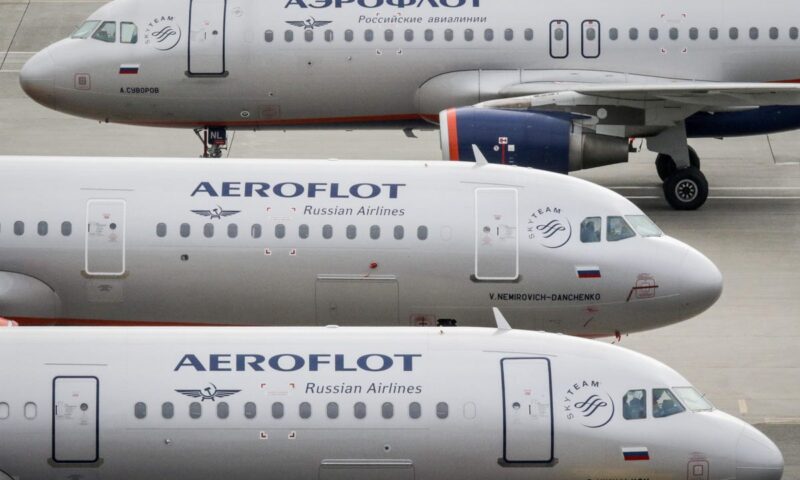AM Best Assigns Performance Assessment to Castel Underwriting Agencies Limited, Castel Underwriting Europe B.V.
By Favour Nnabugwu
AM Best has assigned a Performance Assessment of PA-2 (Excellent) to Castel Underwriting Agencies Limited (Castel) (United Kingdom) and Castel Underwriting Europe B.V. (CUE) (Netherlands).
CUE is a wholly owned subsidiary of Castel. The outlook assigned to the Performance Assessment (assessment) is stable.
This assessment reflects Castel’s excellent underwriting capabilities, excellent governance and internal controls, excellent financial condition, excellent organisational talent and excellent depth and breadth of relationships.
In AM Best’s view, CUE’s operations exhibit a number of commonalities with Castel and CUE is regarded as strategically and financially important as the group’s European platform, providing access to business in the European Economic Area. CUE is integrated with Castel and has common underwriting practices, with generally consistent underwriting performance expected.
Castel, through its model of investing in early-stage managing general agents (MGA) and underwriting teams (collectively “underwriting cells”) on its club-style MGA platform, has access to expert and experienced underwriters with a proven track record in their niche. Underwriting capabilities further benefit from Castel’s in-house underwriting staff. Since launching in 2014, Castel has demonstrated its ability to grow its underwriting cells whilst providing profitable business to its capacity providers. The limited track record of a number of Castel’s programmes is considered a partially offsetting factor to the underwriting capabilities component.
Castel’s governance and internal controls benefit from its scale, relative to many other delegated underwriting authority enterprises (DUAEs) in the market. The company has an appropriate committee structure, including a board of directors featuring independent and non-executive directors, supported by a number of other committees. The company performs internal reviews regularly, covering underwriting and compliance. There is limited integration of systems with (re)insurance partners.
Castel’s financial condition is supported by its consistently profitable operations since inception. Stability of income benefits from the broad range of programmes underwritten by the company, reducing dependence on any single programme. AM Best considers the acquisitive nature of Castel’s business model to pose some risks to the company’s financial condition. The company is aware of and actively manages these risks.
Castel’s senior management team is experienced and has a proven track record in the industry. The company’s board of directors brings further experience and oversight. The organisational structure is well-defined with a clear path of reporting duties.
Castel offers a range of programmes in its core markets in the United Kingdom and Europe, as well as internationally. The company has relationships with a high number of well-rated capacity providers. A significant portion of Castel’s processed premium is placed with capacity providers that have supported Castel for at least three years.



